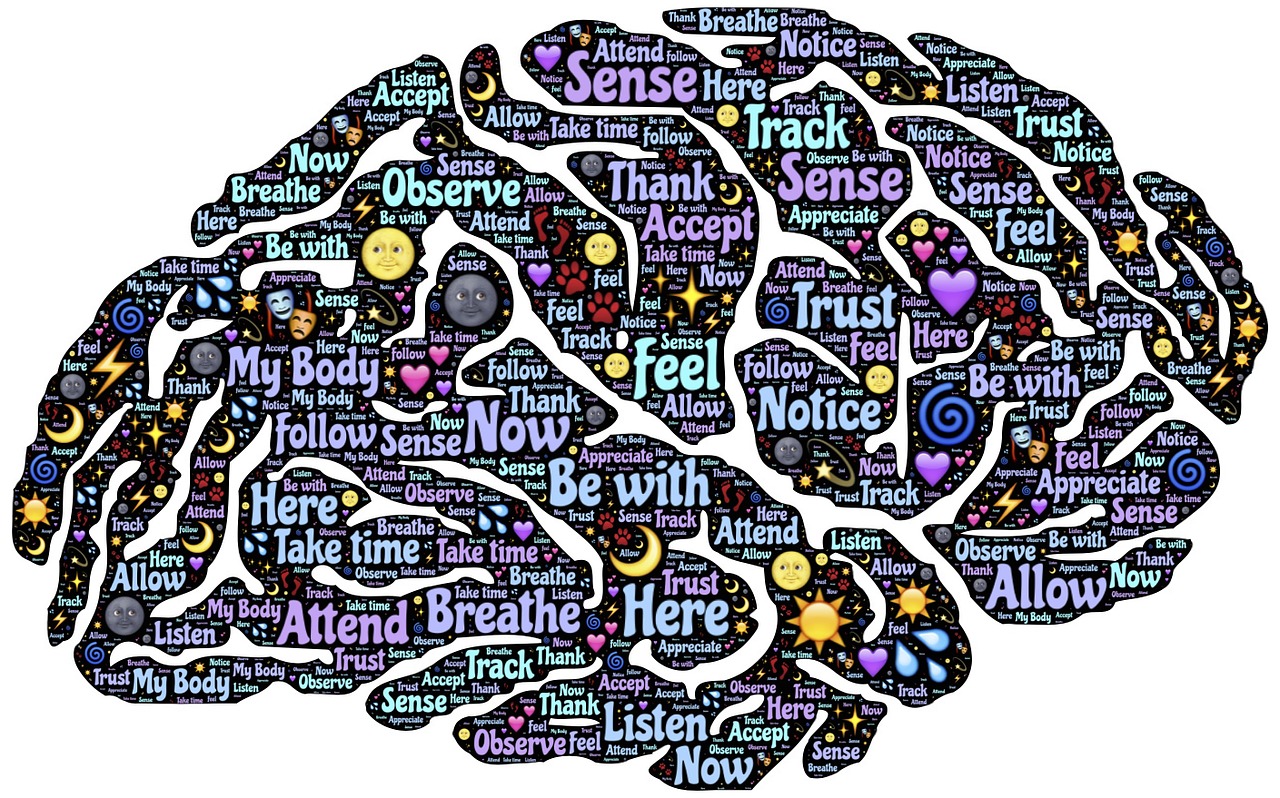
Mindfulness is one of the most popular trends in health and wellness these days.
It’s so popular that it’s almost becoming jargon — like a cliche. “Be mindful if you want to see results,” is something you’ll read and hear a lot. But what does that mean? Does it actually work? How can you apply it?
Let’s dig in.
Quite simply, “mindfulness” and mindfulness training is the practice of focusing you mind on your own emotions, thoughts, sensations, etc. in the present to help you develop context and understand why you’re feeling the way you feel. From a health and wellness (or even fitness) perspective, this can help you identify and try to deal with things like cravings for bad foods, or decision making when it comes to your health.
A recent study focused on the potential benefits of mindfulness training by having obese participants who were involved in mindfulness therapy focus on the following three principles:
- Participants must choose goals that emanate from freely chosen, personal life values (e.g. living a long and healthy life; being a present, loving, active grandmother)
- Participants must recognize that, in the context of the obesogenic environment, weight control behaviors will inevitably produce discomfort (urges to eat, hunger, cravings, feelings of deprivation, fatigue) and a reduction of pleasure (choosing an apple instead of ice cream, choosing a walk instead of watching TV)
- Participants will benefit from increased awareness of how cues impact their eating and activity‐related decision‐making
The result was an increased level of weight loss for participants who participated in mindfulness training as compared to those who did not.
Now, obviously this is one result from one study and we cannot apply that generally to everyone, but the results are encouraging. And that seems to be the early return on studies or research done on the impact of mindfulness training. It can provide positive results.
So what does that mean for us? How can we apply that to our daily lives?
I think even without the research results, it’s safe to say that being “mindful” of our daily actions and their consequences is a good practice. Just simply being able to understand why you did something, and how it affected your day could be very helpful long term to make the right decisions for your health and fitness (that’s what we’re after, after all, isn’t it?).
Things like journaling can be a form of mindfulness, and I can express through personal experience how valuable this practice has been for me. I have a daily journal of the food I eat each day (through the MyFitness Pal app) and my clients that work on their nutrition do the same. It helps us identify why weight goes up and/or down, and it gives us insight into how our food choices impact our health and training on a daily and weekly basis.
Documenting my training has been extremely beneficial for me as well, and this is yet another thing I do with my clients. We log our workouts each week and identify the sets, reps, duration, weights, etc. of each exercise. This helps us see areas that we can progress, and that slow progression leads to big-time gains over time.
The documentation is crucial, but so is the review and reflection of one’s work each week.
So, if you’re looking to make a change, perhaps start small with some mindfulness strategies. Maybe start to journal before bed each day. Or, you could set up a reflection period each day where you slow things down and really reflect on the past 24 hours.
Simply being aware of your actions can lead to big-time health and fitness gains over time if you’re able to reflect on your choices, identify the negative outcomes, and make changes to avoid those negative outcomes in the future (in turn, creating more positive outcomes).
—
CG